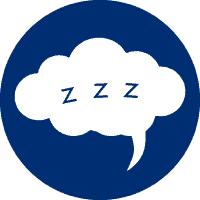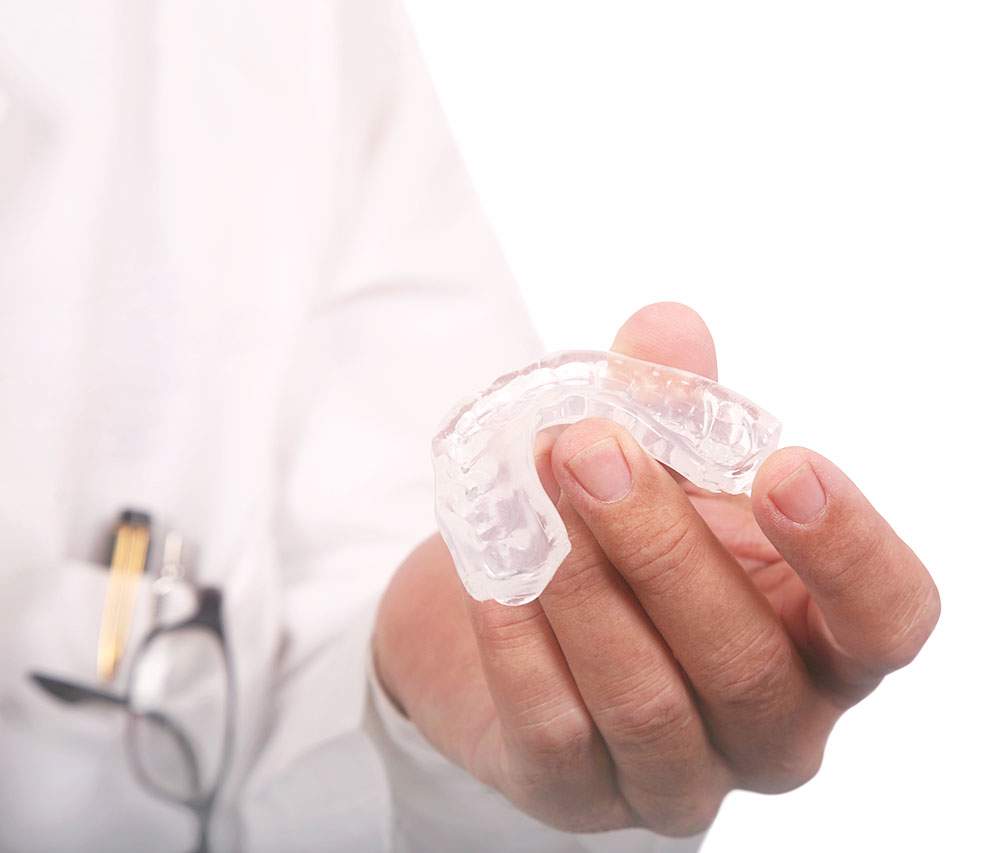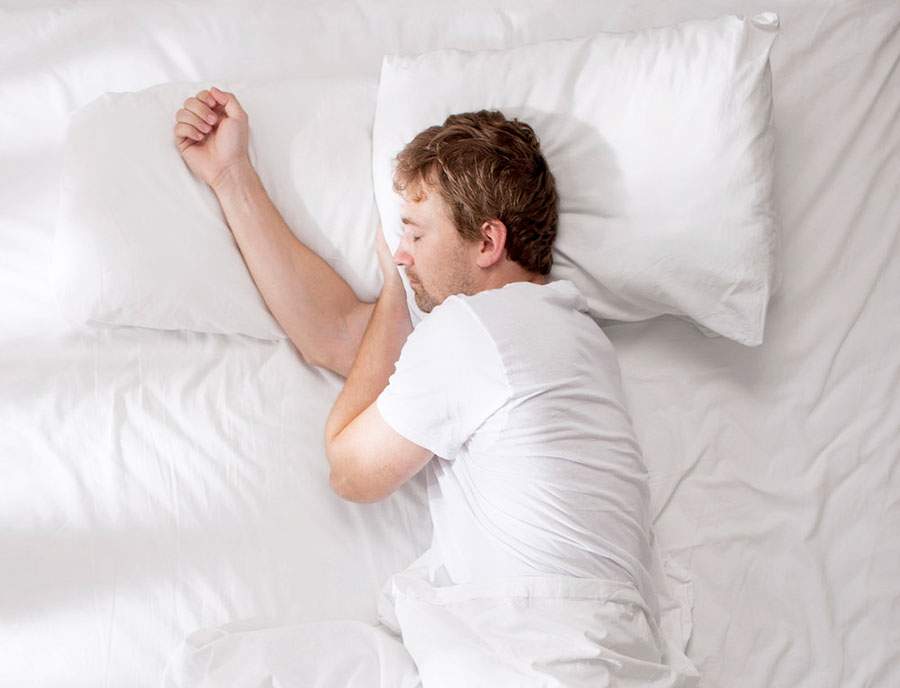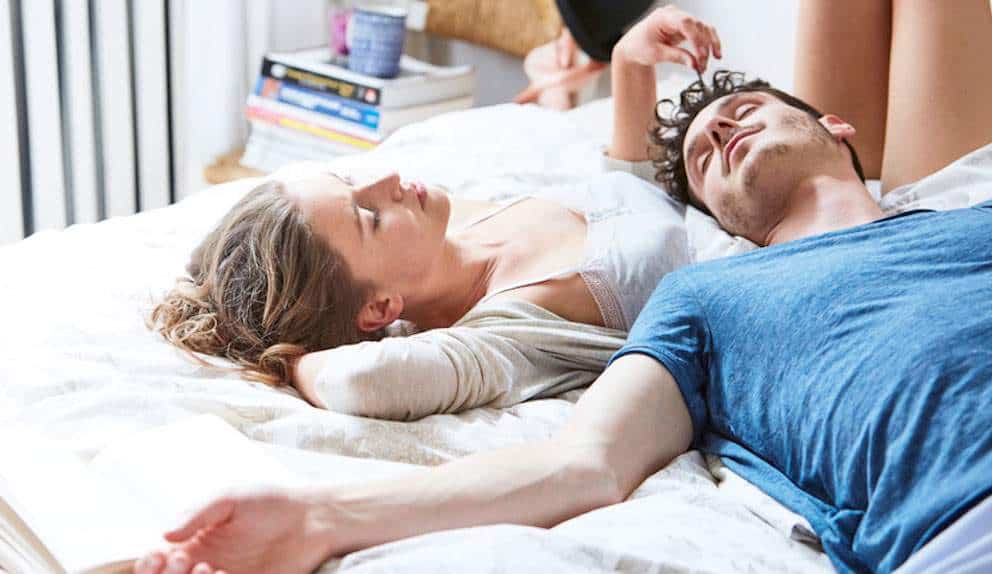

NEED HELP ?
Reasons to Choose Us

In Sydney CBD
clients think of us.


Convenience
Free-Parking
Location

Health Funds
Interest-Free

Advanced Technology with Compassionate Service.
What is bruxism?
Bruxism is when you clench or grind your teeth, commonly at night.
It is classified as a sleep disorder.

What is meant by clenching teeth?
The term clenching means tightly clamping your top and bottom teeth together.
This happens especially with the back teeth.
The stressful force of clenching causes pressure on the muscles, tissues and other structures around your jaw.
This can lead to jaw joint disorders, jaw pain and soreness, headaches, earaches, damaged teeth and other problems.
These symptoms are often collectively referred to as “TMD” or temperomandibular joint dysfuntion.
What is teeth grinding?
Many people who clench also grind their teeth.
Grinding is when you slide your teeth over each other, generally in a sideways or back-and-forth movement.
This action may wear down your teeth and be noisy enough at night to bother sleeping partners.
Like clenching, grinding can lead to jaw pain and other problems.
Why do people have a bruxism problem (grinding teeth or clenching teeth)?

- Chronic pain (e.g. could be painful nerve in the foot, compressed inflamed disc in the spine, or a painful osteoarthritic hip)
- Struggling to breathe through a compromises airway (sleep apnoea ie cessation of breathing for 10 seconds or longer or other sleep disturbances)
- Life’s anxieties (divorce, job, relationships etc)
- Combination of two or more above
What are the signs & symptoms of Bruxism (grinding teeth or clenching teeth)?
- Worn teeth
- Broken or fractured teeth
- Facial or teeth pain
- Headaches
- Limited opening of the jaw
- Jaw noises (popping/clicking
- Bony growths on the roof (palate) of your mouth and underneath your tongue
- Tongue scalloping (impressions of your teeth on the sides of your tongue)
Presentation to a dentist or a doctor will be with headaches, facial pain, limited opening of the jaws, jaw noises (popping and clicking), Bruxism (grinding and clenching), worn teeth, broken teeth, sleep disordered breathing such as sleep apnoea and snoring etc.
that the head and the face is the
monitor of the health of the body.
The chewing muscles are in balance with the muscles in front of the neck and the muscles in the back of the neck.
These muscles have a particular amount of activity and tone which is based on the stimulation it gets from the brain and the spinal cord (Central Nervous System).
People clench, grind or both because of increases stimulation from the brain or spinal cord (Central Nervous System) which directly results from various amounts of pain, breathing dysfunction or anxiety leading to breakdown of the toughest joint in the body.
Can bruxism cause headaches?
Yes.
Migraine, cluster headaches, hypnic headache, morning (tension) headache in both adults and children are related to sleep apnoea and disturbed sleep.
Headaches have been found in 65% of patients with nocturnal bruxism (night time grinding).
People who grind their teeth use 3 times the force than people who do not.
Bruxism happens as a subconscious activity and therefore unawareness of the activity is common.
People brux more when they are on their backs and they also suffer more sleep apnoea in that position.
How do we diagnose bruxism (grinding teeth or clenching teeth)?
Bruxism can be diagnosed by a dentist.
Generally the dentist looks for bony growths in your mouth especially in the sides of the lower jaw, tongue that has scallops in it, worn down teeth and fractured or broken down teeth.
A sleep study will also be warranted if there are signs and symptoms of a sleep disorder.

What is the treatment for bruxism (grinding teeth or clenching teeth)?
The basic outline of treatment is to initially treat the cause of bruxism.
The need for treating chronic pain, breathing and sleep disorders and anxiety is necessary to stop a person from bruxing.
For the treatment of bruxism due to breathing or sleep disorders a special splint is designed to maximise the ability to breathe properly.
This splint is worn during the night.
The treatment for general bruxism is a specially made splint which is worn at night but can be worn during the day as well if necessary.

